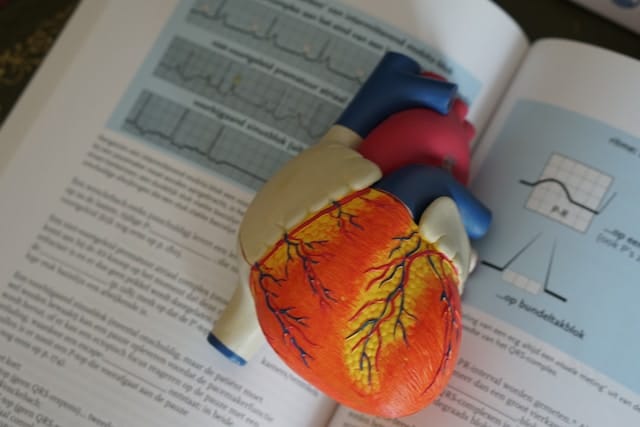Machine intelligence (AI) in medical translation can be a very useful resource. It allows healthcare professionals and patients to communicate quickly, economically and effectively when they do not share the same language. This specialization focuses on the translation of complex documents such as medical records, laboratory reports, and instruction manuals for medical devices. It also covers the interpretation of urgent conversations in hospital settings. However, machine translation in the medical field can also involve some risks.
Conceptual Errors and Confidentiality Issues
Artificial intelligence (AI)-assisted medical translation has advanced significantly in recent years. AI translation has proven to be a valuable tool for streamlining communication in multilingual medical settings. However, as with any technology, there can be linguistic and ethical complications.
- Translation errors: Machine translations can still commit misinterpretations in technical terms, medical acronyms or drug dosages. They also fail to understand the clinical context and do not take into account patient-specific information. Therefore, they may produce translations that do not correspond to the physician’s or patient’s needs.
- Less common languages: Machine translation works best with widely spoken languages and with a large amount of data. Less common languages or regional dialects have significantly lower, if any, translation quality. This results in misunderstandings or lack of empathy with patients.
- Data protection and privacy: Medical translation often involves highly confidential information, such as medical records and test results. The use of AI in this context raises concerns about data privacy and the security of patient information if adequate measures are not taken to protect it.
- Legal and ethical liability: Who is liable if an inaccurate machine translation leads to a medical error? There is still no regulation that precisely delimits the actions of physicians, authorities of medical institutions or public officials in this matter. Nor are there uniform standards for the quality and safety of translations.
- Over-reliance on technology: AI can lead to over-reliance on technology, reducing the ability and sensitivity of healthcare professionals to communicate effectively in multiple languages without the assistance of technology.
Need for Revision of Professional Translators
Machine translators must be constantly updated to keep abreast of medical advances, new terms and best practices. Even when using technology in medical translation, data specialists, healthcare professionals, and medical translators must coordinate to ensure that algorithms improve in their accuracy and relevance.
Although machine translation is sometimes a useful tool for translating medical documents, one should use it with caution and in conjunction with adequate human supervision to minimize risks and ensure the safety and accuracy of the translated medical information.



